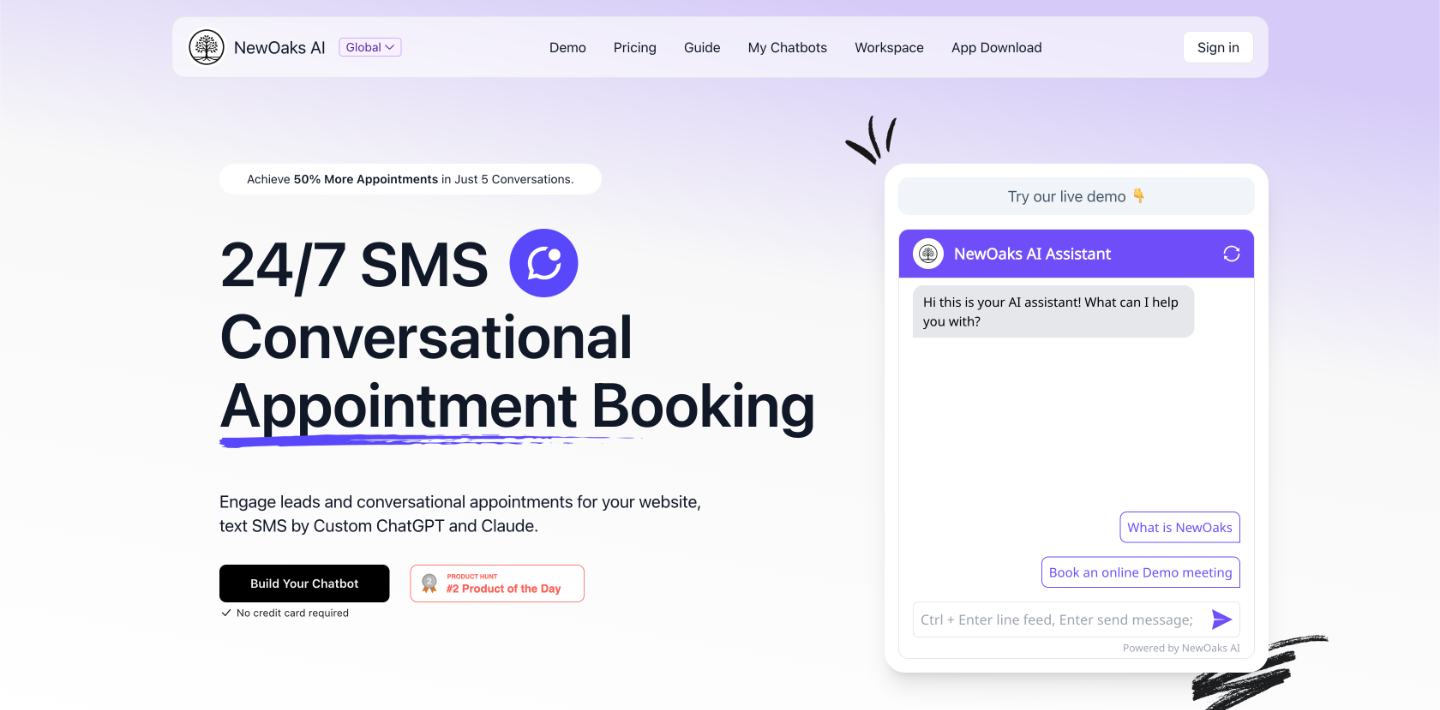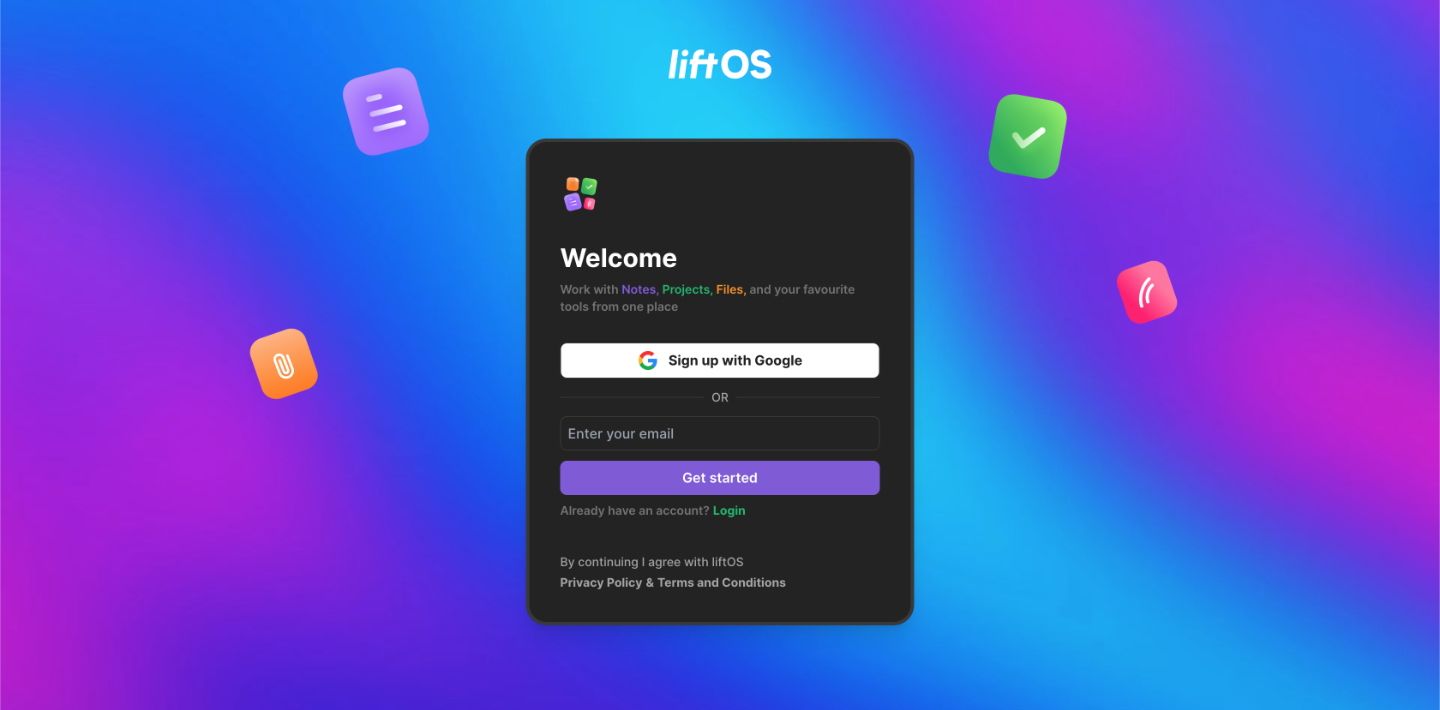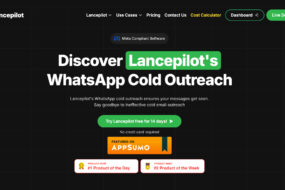Satellite phones have become a vital addition to any emergency preparedness and travel kit. Using satellites orbiting well above the earth, the phones allow you to stay in contact even when traditional lines of communication fail or aren’t available.
However, there are certain safety precautions you must take when using your satellite phone. While these precautions are not related to the phone itself, they do pertain to people using satellite phones because of the situations and circumstances in which these people may find themselves.
Be Aware of Your Surroundings
Satellite phones work even in places where cellular or landline phones can’t, which makes them popular among outdoor enthusiasts who travel to the remote wilderness for days or weeks at a time. These adventurists can enjoy the great outdoors and still to check in with loved ones or contact emergency personnel when necessary.
The first key to safety in the wilderness is to be aware of your surroundings, as one misstep could lead to a serious injury, which is why a satellite phone is so essential. However, using your satellite phone can be complicated if you get yourself into a truly unreachable area. Because sometimes the landscape — trees, mountains, canyon walls — can block the signal to the satellite, it’s important to make sure you have a clear view of the sky in order to make your call. And just as you should never text and drive, you should also never wander inattentively. You don’t want to be trying to make a call and walk into dangerous territory or sprain your ankle on a branch or vines you didn’t see.
The good news is that most phones still work in bad weather; the bad news is that same weather could present a hazard to you. Avoid making calls during thunderstorms, and if you must go outside to make a call, stay close to shelter and pay close attention to worsening conditions. If you can, wait until the worst of the weather has passed.
Don’t Drive and Dial
In general, a satellite phone will not work from inside a vehicle unless there is an external antenna outside of the vehicle that is within view of a satellite. However, that doesn’t mean that you can attach the antenna to the roof of your car and chat away while you drive. Follow the same safety protocols that you would with any phone when you’re behind the wheel and pull over to make and receive calls. Even an emergency call is not worth risking an accident. And never, ever text while driving, regardless of which type of phone you are using.
Volatile Areas
Many people use satellite phones in remote or unsettled parts of the world because cellular service is unreliable at best, if it even exists. However, in some areas — such as parts of the Middle East — use of a satellite phone can get you more than a few dirty looks. In short, it’s best to know all the ins and outs of a country’s cultural rules before visiting. Many of the things we do here in the United States, such as talk freely on cell phones, are completely unacceptable in other parts of the world. Certain behaviours can lead to fines, incarceration or even harsher disciplinary sanctions.
Even if you aren’t in a volatile region, it’s important to note that some countries restrict the use of satellite phones or even ban them altogether. Before travelling with a satellite device, confirm that you can bring the phone into the country and secure any necessary permission. For example, arriving at customs in India without the necessary permissions for your satellite phone could cause delays in your admittance into the country as you answer questions, and the phone may even be confiscated.
Carrying a satellite phone when you will be out of range of traditional cellular towers or landlines helps ensure that you can stay in touch and share information or get help when necessary. But without taking the proper safety precautions, you could end up looking for trouble. Take time to read the manual for your phone so you use it properly and pay close attention to your surroundings and the conditions in your area, and you’ll be safe while staying connected.
About the Author: Steve Manley is the president of Globalcom Satellite Communications (http://www.globalcomsatphone.com/products.html), a leading distributor of satellite phones for both purchase and rental.















